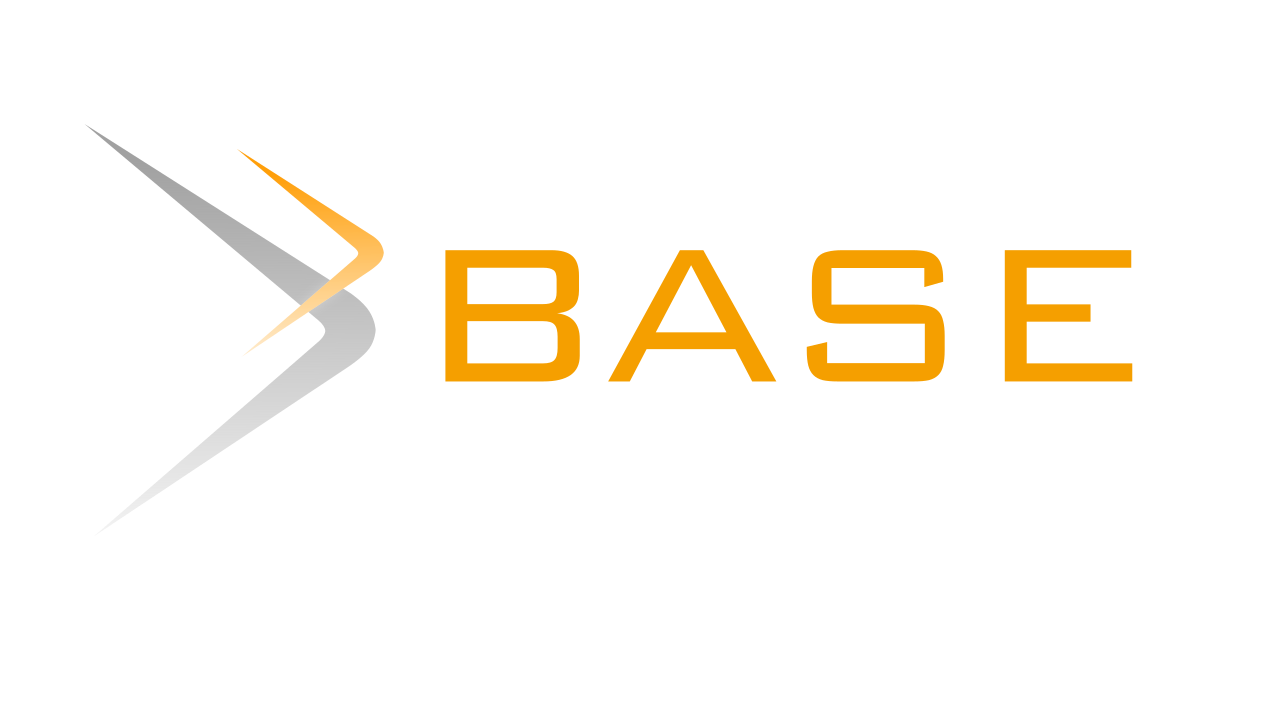Variables Related To The Formation Of Financial Statement Fraud With Beneish M Score In The Triangle Theory Concept Framework
DOI:
https://doi.org/10.32486/aksi.v8i1.358Keywords:
Pressure, Opportunity, Rationalization, Financial Statement FraudAbstract
This research was conducted on manufacturing companies listed on the Indonesia Stock Exchange for the period 2018-2020. The purpose of this study was to determine how much influence Pressure, Opportunity, and Rationalization on Fraudulent Financial Statements were measured using the proxies of Financial Stability, Financial Target, External Pressure, Personal Financial Need, Ineffective Monitoring, Nature of Industry, and Rationalization. The unit of analysis in this study is the company's financial statements. The sample in this study as many as 23 companies during the research year period amounted to 3 years resulting in 69 respondents. The analytical method of this study uses logistic regression analysis. The conclusion of this study shows that Financial Stability and Ineffective Monitoring have an effect on Financial Statement Fraud. Meanwhile, Financial Target, External Pressure, Personal Financial Need, Nature of Industry, and Rationalization have no effect on Financial Statement Fraud
References
ACFE. (2020). Report To The Nations 2020 Global Study On Occupational Fraud And Abuse. Association of Certified Fraud Examiners, 2 - 87.
ACFE Indonesia. (2018). Survei Fraud Indonesia.
ACFE Indonesia. (2019). Survei Fraud Indonesia 2019. Survei Fraud Indonesia, 72.
Arens, A. A., Elder, R. J., & Beasley, M. S. (2015). Auditing dan Jasa Assurance Pendekatan Terintegrasi (15th ed.). (S. Saat, Penyunt.) Jakarta: Erlangga.
Beneish, M. D. (2016, May 23). The Detection of Earnings Manipulation. Financial Analysts Journal, ©1999, Association for Investment Management and Research, 24-35.
Dwijayani, S., Sebrina, N., & Halmawati. (2019). Analisis Fraud Triangle Untuk Mendeteksi Kecurangan Laporan Keuangan (Studi Empiris Pada Perusahaan Manufaktur Yang Terdaftar di BEI Periode 2014-2017). Jurnal Eksplorasi Akuntansi, 1(1), 445–458.
Haryono, M. E. (2017). Analisis Fraud Triangle Dalam Mendeteksi Financial Statement Fraud. Electronic Theses and Dissertations.
https://www.cnbcindonesia.com,
Ikatan Akuntansi Indonesia (IAI). (2018). Kerangka Konseptual Pelaporan Keuangan . Dewan Standar Akuntansi Keuangan Ikatan Akuntansi Indonesia.
Rachmania, A. (2017). Analisis Pengaruh Fraud Triangle Terhadap Kecurangan Laporan Keuangan Pada Perusahaan Makanan dan Minuman Yang Terdaftar di Bursa Efek Indonesia Periode 2013-2015, 1-19.
M. Maudy Rahmanti, and d. daljono, "PENDETEKSIAN KECURANGAN LAPORAN KEUANGAN MELALUI FAKTOR RISIKO TEKANAN DAN PELUANG (Studi Kasus pada Perusahaan yang Mendapat Sanksi dari Bapepam Periode 2002-2006)," Diponegoro Journal of Accounting, vol. 0, pp. 700-711, Mar. 2013
Mekarsari, Tri Muliana Dewi. (2018). Analisis Fraud Triangle Dalam Mendeteksi Financial Statement Fraud (Studi Empiris pada Perusahaan Manufaktur yang Terdaftar di Bursa Efek Indonesia Periode 2014-2016). Skripsi. Program Studi Akuntansi Fakultas Ekonomi Dan Bisnis Universitas Muhammadiyah Surakarta.
Rianti, Novi (2020) Pengaruh Fraud Triangle Terhadap Financial Statement Fraud pada Perusahaan Manufaktur Yang Terdaftar Di Bursa Efek Indonesia Periode 2016-2018. Skripsi. Institut Bisnis Dan Informatika Kwik Kian Gie
Sari, S. T. (2016). Pengaruh Financial Stability, External Pressure, Financial Targets, Ineffective Monitoring, Rationalization pada Financial Statement Fraud dengan Perspektif Fraud Triangle. JOM Fekon, 3 No.1 , 664-667.
Singleton , T. W., & Singleton, A. J. (2010). Fraud Auditing and Forensic Accounting (4th ed.). Canada: John Wiley & Sons, Inc., Hoboken, New Jersey.
Skousen, C. J., Smith, K. R., & Wright, C. J. (2009). Detecting and Predicting Financial Statement Fraud: The Effectiveness of the Fraud Triangle and SAS No. 99. SSRN Electronic Journal, Journal of Advances in Financial Economics, Vol. 14, 2-39.
Downloads
Published
How to Cite
Issue
Section
License
Copyright (c) 2023 Hani Fitria Rahmani, Lidya Oktalita

This work is licensed under a Creative Commons Attribution-ShareAlike 4.0 International License.













